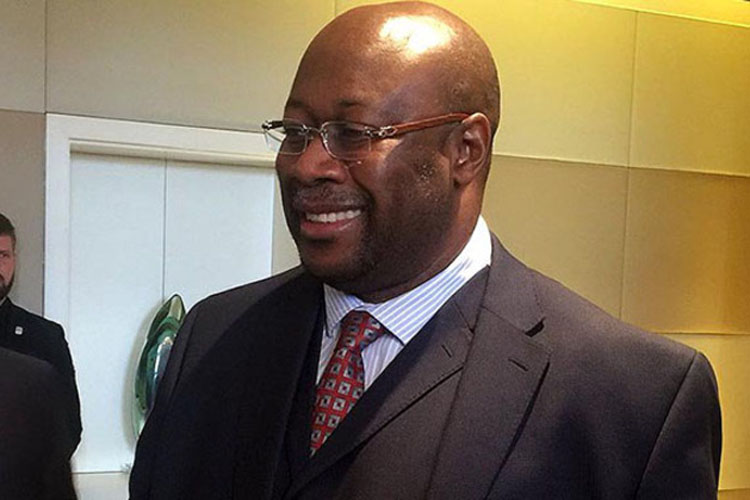
The Sunday Mail

A number of top investment banks, fund managers and private equity institutions, attended the high profile Zimdaba London 2018 conference held recently, as the world continues to pay attention to the President Mnangagwa-led administration.
The conference, which was organised by Mr Nick Holmes of Consolidated Africa Services, saw senior Government officials including Mines and Mining Development Minister Winston Chitando, presenting investment opportunities available in the country.
Minister Chitando encouraged investors to consider committing their funds in Zimbabwe given its peaceful environment and the vast opportunities particularly in mining.
“When it comes to the investment environment, few people would doubt the peaceful environment we have in Zimbabwe.
“What the new dispensation has sought to do is to provide policy clarity on a number of issues and also to amend some of the policies which were hampering the inflow of capital.
“What is important is to ensure that there is that policy consistency,” said Minister Chitando.
In the past, policy inconsistency and the adoption of laws seen as anti-foreign direct investment, kept investors at bay.
However, the new administration has tweaked the Indigenisation and Economic Empowerment Act, to allow foreign investors to own their investments 100 percent, apart from the diamond and platinum sectors in which Government has an interest.
To reassure investors of the policy shift, the 2018 Finance Act was promulgated on March 14, a move that excited potential investors at the Zimdaba Conference.
Since the swearing-in of President Mnangagwa in November last year, Zimbabwe has become the fourth sought-after investment destination in Africa, according to a recent poll by a top US consultancy firm, Frontier Strategy Group.
Currently, well-heeled multinational companies are jostling to invest in the local mining sector, mainly lithium, which is seen as the mineral of the future.
Zimbabwe wants to produce 10 percent of world lithium output in the next four years.
There is a huge dump of lithium in the Kamativi area which can generate about US$1,7 billion, and there is also in-situ material in the same area which Government wants to be exploited.
Historically, lithium was only mined in Bikita but there have been significant occurrences of the mineral across the country, including just outside Harare.
Senior Principal Director in the Office of the President and Cabinet Mr Ozias Hove, who represented Special Economic Zones (SEZ) board chairman at Zimdaba, said investors were open to submit their policy concerns so that they can be attended to.
Some investors sought clarity on repatriation of profits, foreign currency allocations, availability of investments data and import duty on capital equipment.
Reserve Bank of Zimbabwe (RBZ) Deputy Governor, Dr Kupukile Mlambo, told the Zimdaba Conference the new dispensation has brought with it a refreshing new economic order.
“We have a new economic order characterised by the desire to acquire middle income status by 2030,” said Dr Mlambo.
“We expect economic growth of 4,5 percent in 2018 up from 3,7 percent in 2017.”
London based Mr Hopewell Mauwa, a senior strategic analyst at Ernst & Young, said investors will “no doubt benchmark Zimbabwe’s attractiveness compared to other nations on issues such as infrastructure, human capital, taxation, fiscal incentives as well as overall policy clarity, consistency and stability”.
Mr Mauwa added: “Zimbabwe has the economic complexity to become an industrial and tertiary services hub for Southern Africa at the very least.
“The country just needs sound policies and capital. Initially, a productivity and export driven growth is plausible, driven mainly by agriculture and mining.
“Tourism is also a low hanging fruit. This will earn the country the much-needed foreign currency. However, significant investment in working capital is needed to recapitalise industry and boost capacity utilisation which is currently hovering around 50 percent.”
The Zimbabwean delegation included Zimbabwe Investment Authority CEO Mr Richard Mbaiwa and Zimbabwe Tourism Authority CEO, Dr Karikoga Kaseke.
It was sponsored by Exotix Capital, Zimbabwe Diaspora Investment Group, Fastjet and Atlas Mara, among others.



